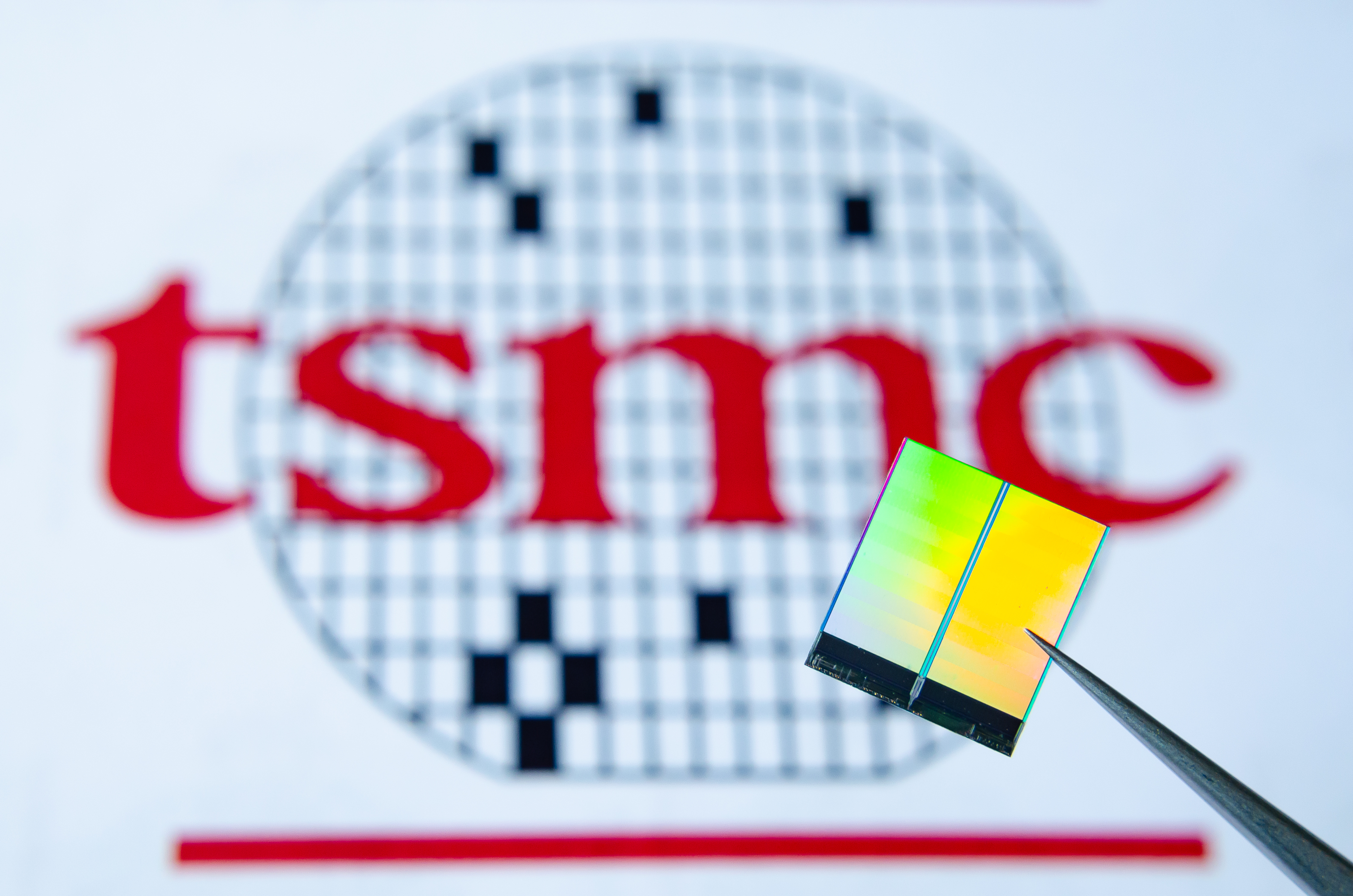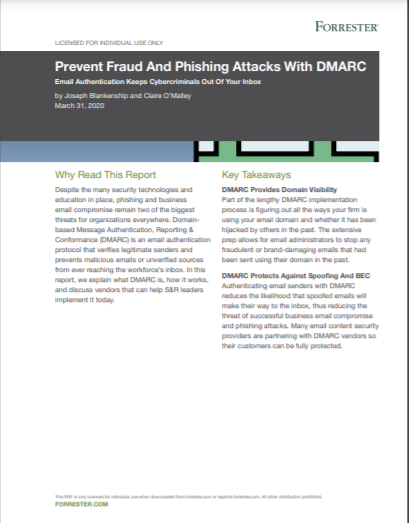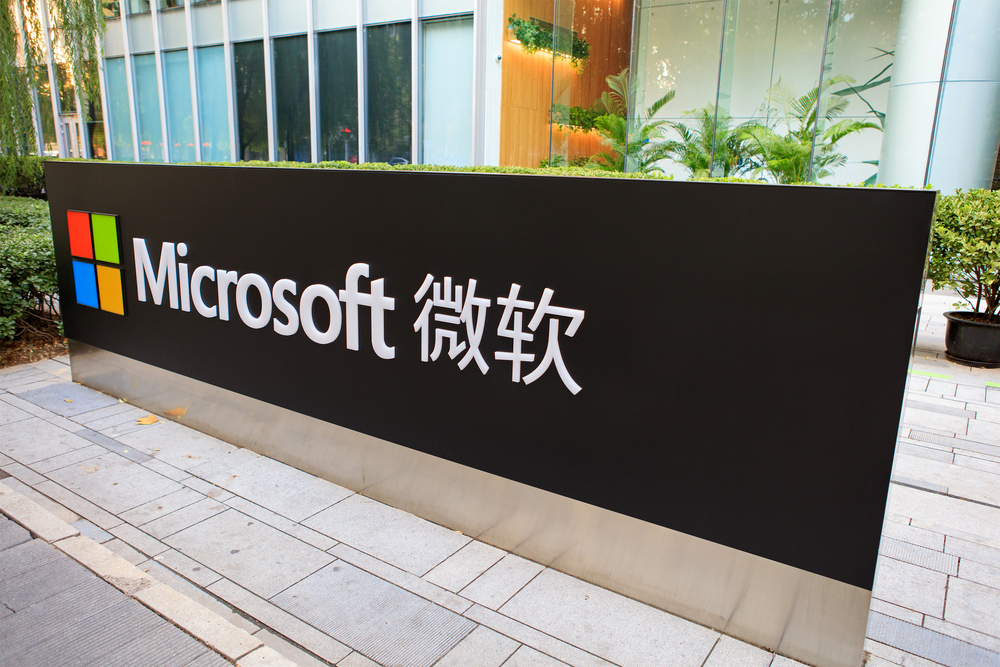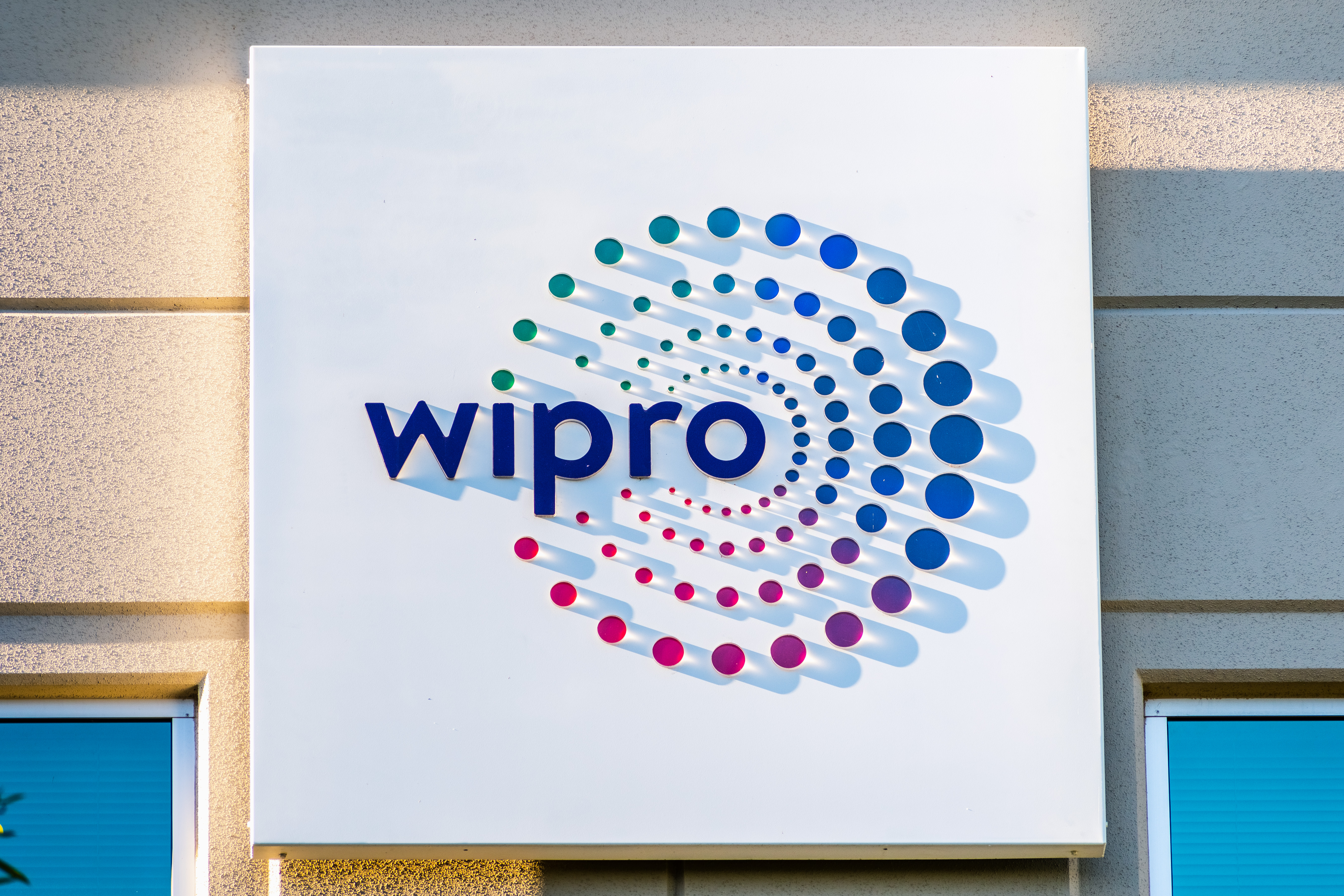TSMC vows not to share sensitive customer data following US request
The Biden administration says the data would help alleviate bottlenecks in the semi conductor supply chain


TSMC has said it is mulling how best to respond to a voluntary request from the US government to share information about its supply chain without revealing sensitive client information, the company revealed this week.
The US has given global chipmakers and electronics device makers until 8 November to voluntarily send in information on their production capacity, inventories, and who their key customers are in an attempt to understand and quantify where bottlenecks may exist in the global chip supply chain.
However, the Biden administration has also said that it may reintroduce a law, first created during the Cold War era, to force companies to share data if they fail to comply with the request.
The decision has raised concerns among companies like TSMC, who believe the information would include highly sensitive trade secrets, according to Nikkei Asia.
"We will definitely not leak our company's sensitive information, especially that related to our customers," said Sylvia Fang, TSMC's general counsel. "We are still at the stage of doing some preliminary research and evaluating the contents of the questionnaire [sent by the U.S. government]," Fang said.
She added that TSMC believes there are ways to address the questionnaire without compromising confidential client information, and that the company is waiting for the US government to provide an FAQ sheet before answering the request.
The questionnaire includes 13 main questions for semiconductor manufacturers and chip developers, and asks companies to list each product’s top three current customers and the estimated percentage of that product’s sales accounted for by each customer. Other questions include what the respondent’s product with the biggest backlog is and also asks them to identify the amount of sales for its products.
Get the ITPro daily newsletter
Sign up today and you will receive a free copy of our Future Focus 2025 report - the leading guidance on AI, cybersecurity and other IT challenges as per 700+ senior executives
US Commerce secretary Gina Raimondo warned last month that if companies don’t respond to the questionnaire, she may consider invoking the Defense Production Act, first introduced in 1950 in response to the outbreak of the Korean War, which would force the companies to disclose the information.
“What I told them is, ‘I don’t want to have to do anything compulsory but if they don’t comply, then they’ll leave me no choice,’” she said.
RELATED RESOURCE

Prevent fraud and phishing attacks with DMARC
How to use domain-based message authentication, reporting, and conformance for email security
The request from the US has raised concerns across the industry about the protection of trade secrets and business competitiveness, with TSMC’s local investors filing for a provisional injunction in a Taiwanese court requesting that the chipmaker should not be allowed to send critical trade secrets abroad.
Although no Chinese companies are directly involved in the request, it has worried organisations in the country’s semiconductor industry, which has previously faced US sanctions restricting access to advanced chip equipment and technologies, according to the South China Morning Post.
“This move by the US will help it create domestic jobs, accurately acquire international companies with potential, and place sanctions on key Chinese companies,” said Xi Chen, an academic committee member from Peking University’s Institute for Global Cooperation and Understanding. “The only way to achieve these things is through identifying key costs.”
Zach Marzouk is a former ITPro, CloudPro, and ChannelPro staff writer, covering topics like security, privacy, worker rights, and startups, primarily in the Asia Pacific and the US regions. Zach joined ITPro in 2017 where he was introduced to the world of B2B technology as a junior staff writer, before he returned to Argentina in 2018, working in communications and as a copywriter. In 2021, he made his way back to ITPro as a staff writer during the pandemic, before joining the world of freelance in 2022.
-
 Bigger salaries, more burnout: Is the CISO role in crisis?
Bigger salaries, more burnout: Is the CISO role in crisis?In-depth CISOs are more stressed than ever before – but why is this and what can be done?
By Kate O'Flaherty Published
-
 Cheap cyber crime kits can be bought on the dark web for less than $25
Cheap cyber crime kits can be bought on the dark web for less than $25News Research from NordVPN shows phishing kits are now widely available on the dark web and via messaging apps like Telegram, and are often selling for less than $25.
By Emma Woollacott Published
-
 Boomi snaps up former MuleSoft executive as APJ channel lead
Boomi snaps up former MuleSoft executive as APJ channel leadNews Global software veteran Jim Fisher will work to expand the company’s channel operations across the region
By Daniel Todd Published
-
 Why Microsoft Teams has only just launched in China
Why Microsoft Teams has only just launched in ChinaNews The tech giant has officially launched Teams via its local partner in China, after it was launched globally in 2017
By Zach Marzouk Published
-
 UK startup's Equinix deal marks step towards broad quantum computing access
UK startup's Equinix deal marks step towards broad quantum computing accessNews Businesses around the world will be able to use its quantum computing as a service platform through Equinix
By Zach Marzouk Published
-
 MI5 to establish new security agency to counter Chinese hacking, espionage
MI5 to establish new security agency to counter Chinese hacking, espionageNews The new organisation has been compared to GCHQ’s NCSC, and will provide companies advice on how to deal with Chinese companies or carry out business in China
By Zach Marzouk Published
-
 UK set to appoint second-ever tech envoy to Indo-Pacific region
UK set to appoint second-ever tech envoy to Indo-Pacific regionNews The role will focus on India after Joe White was made the first technology envoy, a role focused on the US, in 2020
By Zach Marzouk Published
-
 Wipro faces criticism after cutting graduate salaries by nearly 50%
Wipro faces criticism after cutting graduate salaries by nearly 50%News Graduates were given days to decide whether they would accept greatly reduced pay offers, prompting union action
By Rory Bathgate Published
-
 Freshworks appoints Sandie Overtveld as new SVP of APJ and MEA
Freshworks appoints Sandie Overtveld as new SVP of APJ and MEANews The digital transformation veteran brings years of regional expertise to lead Freshworks’ growth strategy
By Daniel Todd Published
-
 Suncorp signs three-year Azure deal to complete multi-cloud migration by 2024
Suncorp signs three-year Azure deal to complete multi-cloud migration by 2024News The financial services firm seeks to wind down its on-prem data centres and wants 90% of its workloads in the cloud by the end of the year
By Zach Marzouk Published